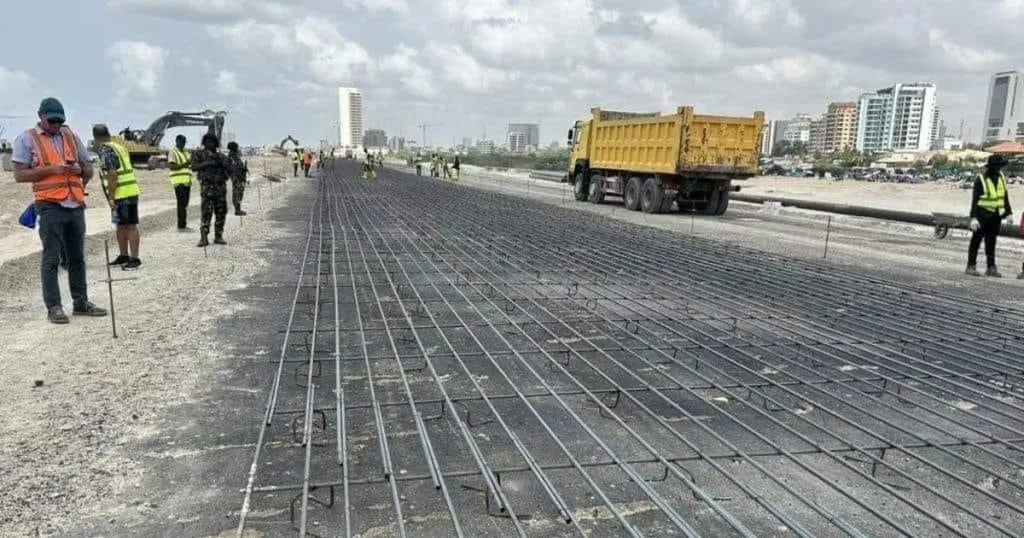A recent decision by Nigeria’s Minister of Works, Engr. David Umahi, to present a 30-kilometre segment of the Lagos-Calabar Coastal Highway as complete has sparked intense criticism from the Network for the Actualisation of Social Growth and Viable Development (NEFGAD), a prominent public procurement advocacy group in the country. This reaction comes as the project, spanning 750 kilometres, is far from completion, with only a tiny fraction ready for use.
At the heart of the controversy is the concern that commissioning such a small portion of the project, a mere 4% of the total length, is both premature and misleading. NEFGAD, in a statement signed by its country head of office, Mr. Akingunola Omoniyi, emphasized the importance of transparency and accountability in infrastructure delivery. The group warned against the politicization of such projects, stressing that the commissioning should reflect the substantive completion and usability of the project in its entirety or at least a major functional section.
The potential consequences of such actions are far-reaching, according to NEFGAD. Presenting a fraction of the project as the whole not only distorts the scope of work but also risks eroding public trust in government communications and performance metrics. Moreover, setting such a precedent could lead to the normalization of commissioning uncompleted or partially completed projects nationwide, thus turning significant national progress into mere political gestures.
NEFGAD also cautioned against putting undue pressure on President Bola Tinubu to commission unfinished projects. Highlighting that government is a continuum, the group pointed out that it’s unrealistic to expect all projects initiated by an administration to be completed within its tenure. This perspective is underscored by the fact that President Tinubu himself has completed and inaugurated projects initiated by previous administrations.
The advocacy group is calling for transparency and accountability in project delivery, emphasizing that the public deserves the full value for every public infrastructure initiative. They are urging the Ministry of Works to adhere to credible milestones, uphold project integrity, and ensure that future commissionings are based on real, completed achievements rather than fragments presented as finished products. This stance underscores the need for genuine progress over symbolic gestures, ensuring that the public benefits from meaningful infrastructure development.
